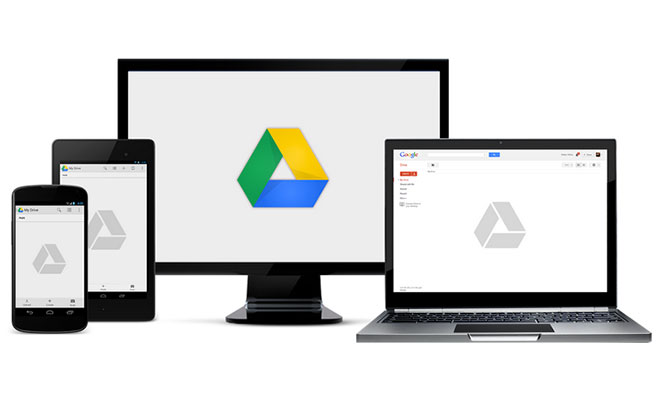
Good News for Business Users? Google Tries Starting a Cloud Storage Price War
With Google severely cutting the price of its Drive service, here's the next question for cloud users: Will competitors like Dropbox follow suit or focus on robust offerings instead?
For less than the price of a cheap paper file organizer, you can get 100 gigabytes of cloud storage from Google. It’ll put you back just $1.99 per month.
If you think that’s impressive, that’s nothing compared to the company’s 80 percent price cut for a terabyte of space—from $49.99 per month to $9.99. It’s enough to give the search giant’s main cloud competitors—Box and Dropbox—a bit of sticker shock. But is it enough to get them to cut prices? More details:
How It Compares
Google’s pricing is by far the cheapest in the cloud storage space. The consumer-focused Dropbox offers a similar level of storage for $9.99 per month, and its enterprise-focused competitor Box offers a “Starter” plan at $5 per user per month. (Both also offer free accounts with less space.)
Larger players’ pricing varies more widely. Microsoft’s OneDrive charges $50 per year (about $4 per month) for 100 gigabytes of space. Apple’s iCloud service, which can sync multiple devices, costs $100 per year for the 50 gigabyte upgrade, the iPhone producer’s largest available size. However, iCloud’s focus is not on individual file storage, and its service works differently from its competitors.
A breakdown by The Mac Observer shows that after its price cut, Google now offers the free option with the most space as well as the cheapest cost per gigabyte in both low-end and high-end space configurations.
“A Dramatic Race to the Bottom”
But Google’s approach may not be enough to scare its competitors—who have far less diverse product portfolios than Google does—into a price war.
Last week, CNET drew attention to a blog post that Box CEO Aaron Levie wrote in 2012, around the time of Google Drive’s launch, that effectively predicted the Drive price cut way ahead of time.
“Ultimately, we concluded that there would be a dramatic race to the bottom for the price of consumer online storage, and it would be impossible to maintain a competitive offering when elephants like Google, Microsoft, and Apple could effectively subsidize their offerings,” he wrote at the time.
So how does Box see itself as different? Well, Levie noted that it chose compete on elements other than price.
“We needed to find a market where customers valued more than just the storage of the bits, but also elements like platform, collaboration, openness, and security—areas that could be continually and sustainably innovated around,” he continued in the post. “And that’s why we decided to focus on the enterprise market.” While Box does have a consumer element, it mostly aims to serve business needs.
Do you think price is everything with cloud storage? Let us know your thoughts in the comments.
(Google press image)






Comments